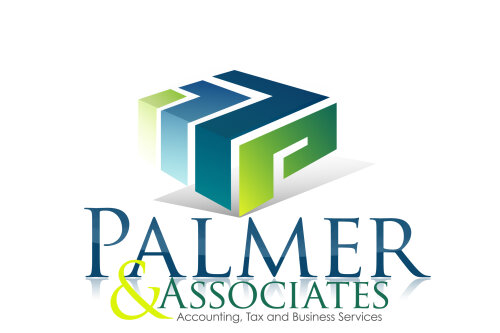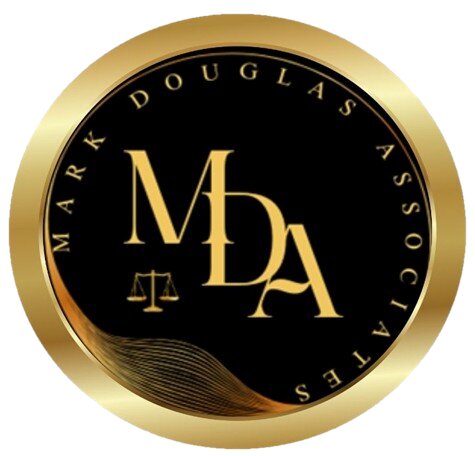Best Legal Document Lawyers in Jamaica
Share your needs with us, get contacted by law firms.
Free. Takes 2 min.
Or refine your search by selecting a city:
List of the best lawyers in Jamaica
About Legal Document Law in Jamaica:
Legal Document law in Jamaica refers to the rules and regulations that govern the creation, execution, and interpretation of legal documents. This can include contracts, wills, deeds, powers of attorney, and other important documents that have legal implications. It is important to ensure that these documents are legally valid and enforceable to protect your rights and interests.
Why You May Need a Lawyer:
There are several situations where you may need a lawyer's assistance in Legal Document matters, such as drafting a contract, contesting a will, or negotiating a settlement agreement. A lawyer can provide valuable advice and guidance to help you understand your rights and obligations, avoid legal pitfalls, and ensure that your legal documents are properly prepared and executed.
Local Laws Overview:
In Jamaica, legal documents are governed by various laws and regulations, including the Registration of Titles Act, the Registration of Deeds Act, and the Wills Act. These laws dictate the requirements for creating and executing different types of legal documents, such as deeds for property transactions or wills for estate planning. It is important to consult with a qualified lawyer who is familiar with these laws to ensure that your legal documents comply with the applicable legal requirements.
Frequently Asked Questions:
1. What is the difference between a contract and a deed?
A contract is a legally binding agreement between two or more parties, while a deed is a formal written document that transfers property or conveys a legal right. Deeds are typically used for transactions involving real estate or other valuable assets.
2. Do I need a lawyer to draft a will in Jamaica?
While it is not required by law to have a lawyer draft your will in Jamaica, it is highly recommended to ensure that your will is legally valid and will be upheld in court. A lawyer can help you properly structure your will to reflect your wishes and comply with legal requirements.
3. How can I contest a will in Jamaica?
If you believe that a will is invalid or suspect foul play, you can contest the will in court. You will need to provide evidence to support your claim, and it is advisable to seek legal representation to guide you through the process.
4. What is a power of attorney and how does it work in Jamaica?
A power of attorney is a legal document that authorizes someone to act on your behalf in legal or financial matters. In Jamaica, a power of attorney must be signed in the presence of a witness and notarized to be legally valid.
5. Can I change or modify a contract after it has been signed?
Once a contract has been signed by all parties, it becomes legally binding and enforceable. Any changes or modifications to the contract would require the agreement of all parties involved. It is advisable to consult with a lawyer before making any alterations to a contract.
6. What is the process for registering a deed in Jamaica?
To register a deed in Jamaica, you must submit the original document to the Registrar of Titles or the Registrar of Deeds, along with the required registration fees. The deed will be examined for compliance with legal requirements before it is officially registered.
7. What are the legal requirements for executing a valid contract in Jamaica?
In Jamaica, a contract must be in writing and signed by the parties involved to be legally enforceable. It is important that all parties fully understand the terms of the contract and freely consent to its terms.
8. Are there specific laws governing electronic signatures in Jamaica?
While Jamaica does not have specific legislation on electronic signatures, the Electronic Transactions Act recognizes electronic signatures as legally valid for certain transactions. It is advisable to consult with a lawyer to ensure that your electronic signatures comply with legal requirements.
9. How can I protect my intellectual property rights through legal documents?
You can protect your intellectual property rights by drafting and signing agreements such as non-disclosure agreements, intellectual property assignment agreements, and licensing agreements. These legal documents can help safeguard your intellectual property and prevent unauthorized use or reproduction.
10. What are the consequences of not having legal documents properly executed?
If legal documents are not properly executed, they may be deemed invalid or unenforceable in court. This can lead to disputes, litigation, and potential loss of rights or assets. It is crucial to ensure that your legal documents are properly prepared, executed, and maintained to protect your interests.
Additional Resources:
If you require legal assistance in Legal Document matters in Jamaica, you can contact the Jamaican Bar Association or seek guidance from the Legal Aid Clinic. These organizations can provide referrals to qualified lawyers who specialize in Legal Document law and can assist you with your legal needs.
Next Steps:
If you are in need of legal advice or assistance in Legal Document matters in Jamaica, it is advisable to schedule a consultation with a qualified lawyer who can assess your situation and provide personalized guidance. Be prepared to discuss your legal needs, concerns, and objectives with the lawyer to ensure that you receive the appropriate legal support and representation.
Lawzana helps you find the best lawyers and law firms in Jamaica through a curated and pre-screened list of qualified legal professionals. Our platform offers rankings and detailed profiles of attorneys and law firms, allowing you to compare based on practice areas, including Legal Document, experience, and client feedback.
Each profile includes a description of the firm's areas of practice, client reviews, team members and partners, year of establishment, spoken languages, office locations, contact information, social media presence, and any published articles or resources. Most firms on our platform speak English and are experienced in both local and international legal matters.
Get a quote from top-rated law firms in Jamaica — quickly, securely, and without unnecessary hassle.
Disclaimer:
The information provided on this page is for general informational purposes only and does not constitute legal advice. While we strive to ensure the accuracy and relevance of the content, legal information may change over time, and interpretations of the law can vary. You should always consult with a qualified legal professional for advice specific to your situation.
We disclaim all liability for actions taken or not taken based on the content of this page. If you believe any information is incorrect or outdated, please contact us, and we will review and update it where appropriate.
Browse legal document law firms by city in Jamaica
Refine your search by selecting a city.















